What Not to Say to Other People, Even if You Mean Well
We’ve all done it…unintentionally offended someone with our seemingly innocent question or comment. Over the years, I have discovered many things NOT to say. As a very curious and fairly awkward person, I have learned many of these lessons the hard way. It’s not that I’m a jerk; I just didn’t know any better. Wouldn’t it have been nice if I had known what not to say, so I didn’t have to embarrass myself and hurt other people along the way? That’s why I’ve compiled this list of 35 things not to say, even if you mean well.

I’m using the word “they” throughout this story to mean he or she because it’s more all-encompassing.
This website sometimes receives compensation, hosted travel, or products related to blog posts. This article may include affiliate links at no extra cost to consumers. As an Amazon Associate, we earn money from qualifying purchases.
What Not to Say About How People Look
1. What’s wrong with you?
Why: My friend, Cory from Curb Free with Cory Lee, uses a wheelchair and this is the question he finds most annoying. I can’t imagine anyone would like to be asked, “What’s wrong with you?” — no matter the intention.
What to say instead: “What disability do you have?” Obviously, this should not be anywhere near the first thing you ask a person, either.
Another tip: don’t crouch down to talk to someone in a wheelchair because it can seem like you’re treating the wheelchair user like a child. If needed due to a noisy environment, bend instead.

2. Where are you from? No, where are you REALLY from?
Why: Often, this question is asked to people of color in the U.S. It implies that only white people can be Americans.
What to say instead: “What is your family heritage?” Still, this may be taken as an insult.
As a travel nut, I admit I have often asked people of various ethnicities (including Caucasian) about their heritage to spur a discussion about our global community. To be on the safe side, however, I now avoid asking this question until I get to know the person fairly well.

3. Is that your real eye color (or hair color)?
Why: People do not need to defend their looks. Also, if someone’s eye or hair color is not natural (or they’re wearing extensions or a wig), then this comes across as an insult. This type of question might feel like you’re “outing” them. Worse yet would be asking if someone’s teeth or boobs are real. Yikes.
I had a friend in high school who had gorgeous strawberry blond hair and striking bright green eyes. People often asked her if these features were real. When she said yes, they would sometimes accuse her of lying! Some people even asked her to move her contact lenses with her finger to prove that her eye color was natural.
What to say instead: “You have such beautiful eyes (or hair)!”

4. Can I touch your (or your child’s) hair?
Why: This one I must admit I’ve done many times, unfortunately. I absolutely love ringlet or thick, silky hair since mine is thin and bone-straight. When I was in my teens and 20s, I often played with the hair of friends or acquaintances blessed with a gorgeous set of locks.
Although I don’t think I have ever said this to a Black person, I have since learned this question is quite offensive to people of color. It makes people feel “other” and as though you are treating them and their hair like an object.
Plus, some people don’t like others touching them, particularly individuals they don’t know very well. This is especially true for parents. Don’t make a mama or daddy feel defensive by trying to touch their child’s hair!
What to say instead: “You have beautiful hair!”

5. You’re so skinny. Or short. Or tall. Or whatever.
Why: People know what they look like. They know that they’re very skinny or have some other noticeable feature.
Someone’s appearance may seem unusual to you, but it’s not unusual to them. Not only is it just an obvious fact, but you could also make the person feel like a freak just for being unique!
When it comes to a person’s weight, you never know if that person is struggling with an eating disorder or medical condition. You might find that attribute appealing but pointing it out sounds…weird.
What to say instead: Nothing.
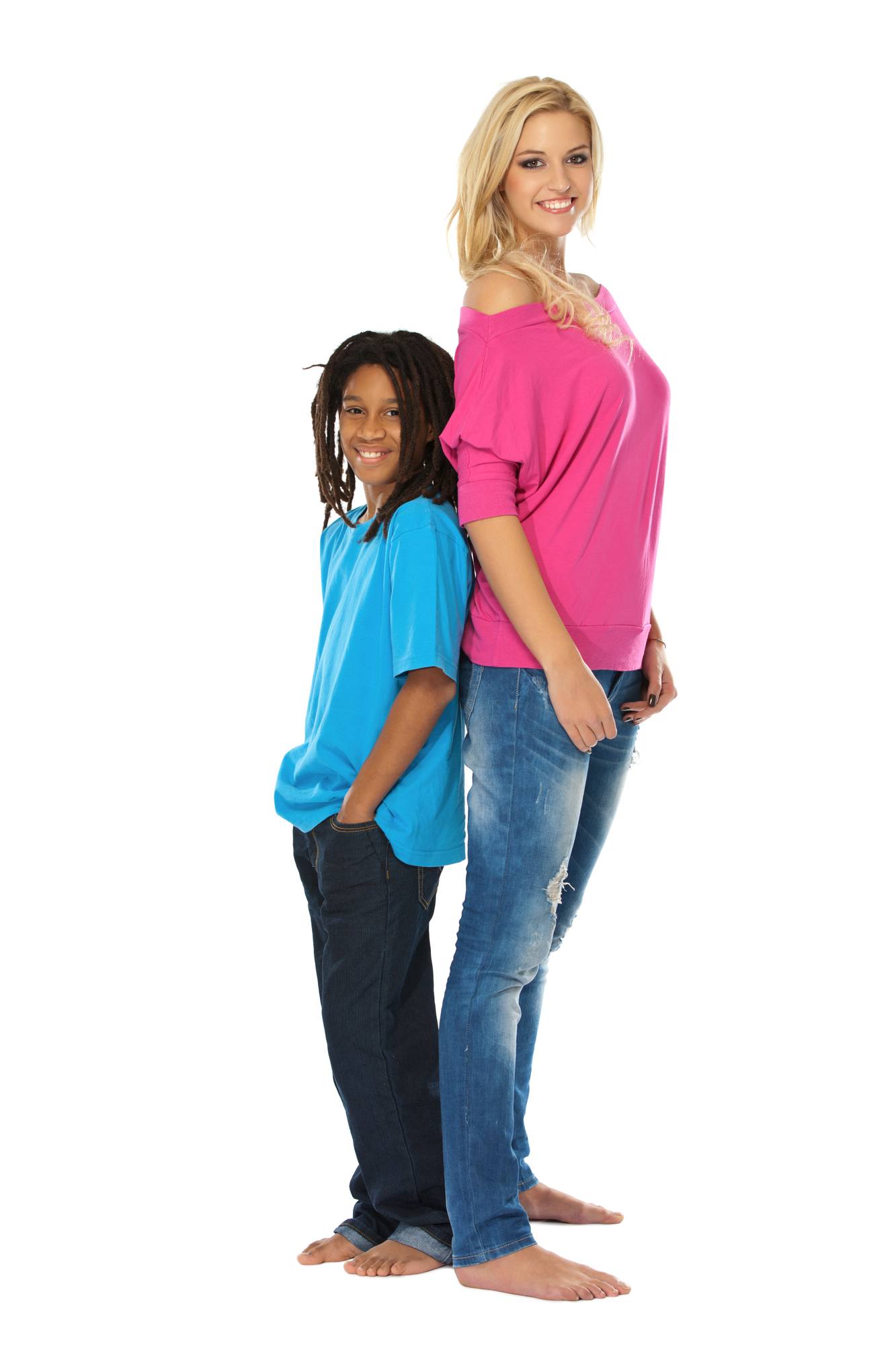
6. Do you play basketball? (To a very tall person)
Why: Just because someone’s body is built a certain way, it does not mean that person has a natural talent or interest in a specific sport. Also, if the person does not play basketball, then this question implies there is something deficient with them simply for not having that skill.
I had a boyfriend once who was 6’10”. Everywhere we went, someone would exclaim to him, “You’re so tall! Do you play (professional) basketball?” I wasn’t the one being asked and I only dated him for a few months, but this line of questioning got tiresome even for me.
What to say instead: Nothing.

7. How old are you?
Why: Really, everyone should know better than to ask an adult their age, unless you’re their doctor or bartender.
While we’re on the subject, it drives me CRAZY when someone (usually a young man) asks for my I.D. when I’m buying an alcoholic drink. Then he makes a joke about me looking 21. This is obviously not the case. He wants me to find this flattering, but I find it patronizing. I get it. I’m old.
What to say instead: “What year did you graduate high school?” Or, ahem, nothing.

8. When are you due?
Why: Almost everyone has made this mistake at some point: asked a woman who is not pregnant when her baby is due. Some women have a belly that might be mistaken for a baby bump.
Or, a woman might be wearing a shirt that looks like maternity clothing. In any case, it will make the woman you asked feel terrible and cause your skin to burn with embarrassment. Almost worse, the woman may be pregnant but not ready to tell anyone yet.
One of my former coworkers was asked this question a few months after she had given birth. She replied, “Four months ago. My baby’s with her dad over there.”
What to say instead: Even if the woman looks like she’s 11 months pregnant, say NOTHING.

9. Smile! (Or, even worse, you’d look prettier if you smiled!)
Why: Men tell women to smile as a form of control. Women do not exist to look pretty and happy for men. She may have just gotten some horrible news or she might be feeling sick. This is the ultimate condescending man move.
What to say instead: Nothing.

What Not to Say About Marriage and Relationships
10. When will you start trying (to have kids)?
Why: This question opens the door to someone else’s bedroom. Their sex life is none of your business.
What to say instead: Nothing. Just. Don’t.

11. Is this your first marriage?
Why: It implies that there’s something wrong with getting married at a specific age, or worse, that there is something deficient about the person who’s getting married later in life. Plus, it takes away from the specialness of the new engagement or marriage. The focus should be on the current love of that person’s life, not a past partner.
What to say instead: “Congratulations on your upcoming (or recent) nuptials!”
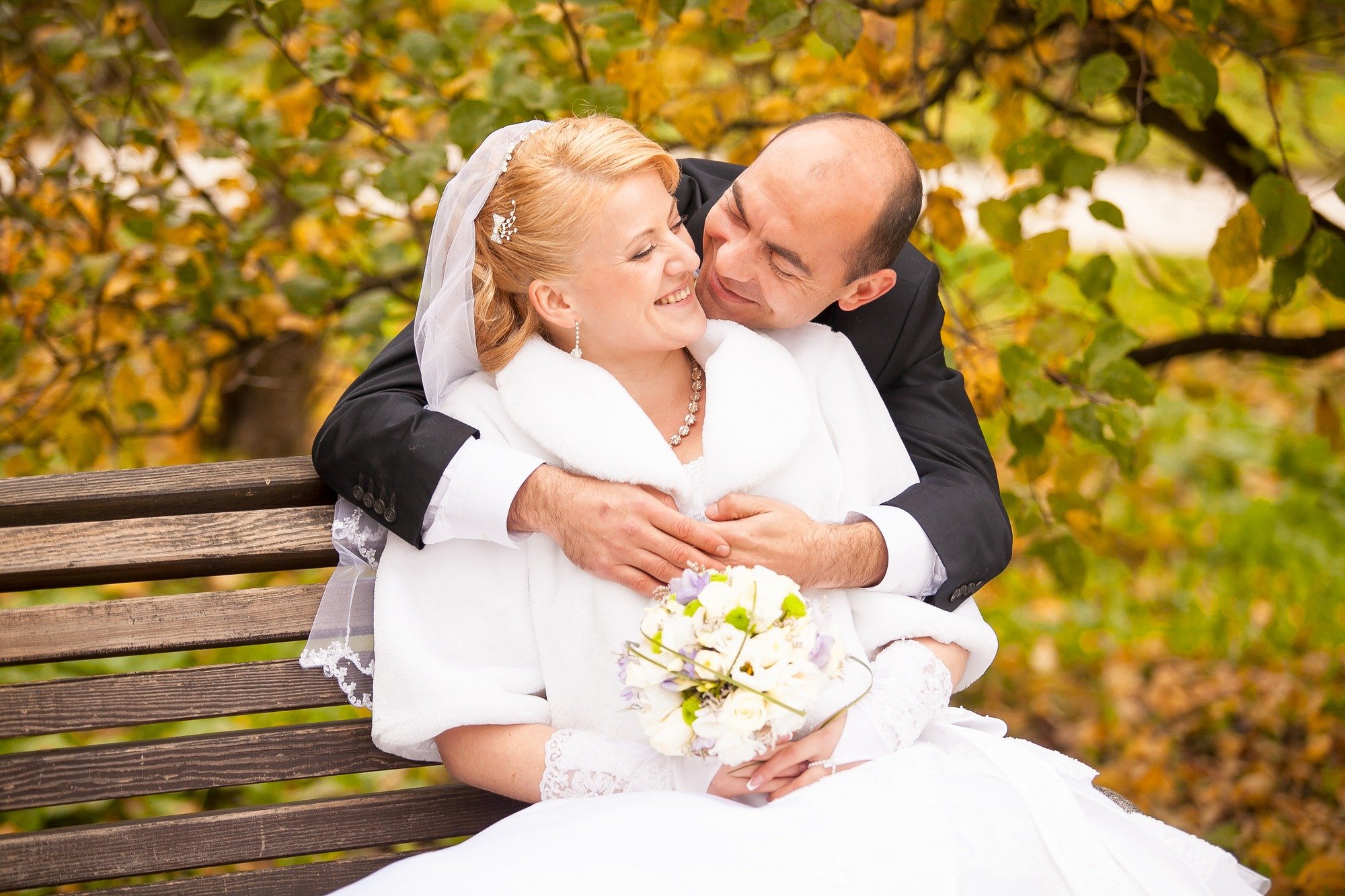
12. How did you not know? (About a cheating or gay partner)
Why: This person is dealing with a traumatic life event. What they need is support, not blame. This question suggests the person is foolish for not seeing clues or warning signs.
What to say instead: “It’s so hard to discover something like this. Do you want to talk about it?”

13. Are you going to convert?
Why: One’s faith is a very personal choice. If a person wants to convert to another religion, then they’ll let you know when they’re ready.
I was raised Christian and when my Jewish husband and I first got engaged, many of his friends asked me if I was planning to convert to his religion. Strangely, no one ever asked him this same question. I’m not sure if that’s due to sexism or cultural expectations. In any case, I found this highly annoying.
What to say instead: “Congratulations on your engagement (or marriage)!”

14. Who is the man or woman in your relationship?
Why: Oh, this question is such an irritating example of straight people trying to put gay people into a straight box. Masculinity and femininity exist on a spectrum.
What to say instead: “Tell me more about your partner.”

What Not Say During an Argument
14. Calm down!
Why: It never works. Telling someone to calm down is a sure way to send their agitation to a whole new level.
What to say instead: “I understand that you’re very upset about X. What can I do to help?”

15. I’m sorry you feel that way.
Why: This is condescension wrapped up like an apology. You’re not sorry that you did something wrong. Rather, you’re upset that the other person is silly enough to be offended.
What to say instead: “I’m sorry that I did X. That was wrong of me because Y. Next time, I’ll do Z instead.”

What Not to Say About Parenthood
16. Why don’t you have children?
Why: If kids were desired, then this may be a painful topic. Some people don’t find the right partner, or they have experienced fertility issues. They probably don’t want to discuss such things with a stranger or casual acquaintance.
On the other hand, if the person has chosen not to have children, then they could feel judged by your question. No one likes feeling judged! Some people don’t want to have kids, and that’s a perfectly valid choice.
What to say instead: “Do you have any siblings or nieces and nephews?”

17. Were you hoping for a boy (or girl)?
Why: This question is typically asked of parents who already have one or more children of the opposite sex. It implies that the child they got is not the one they wanted. Worse yet is, “Aww! You didn’t get your girl (or boy)!”
What to say instead: “Congratulations on the new addition to your family!”
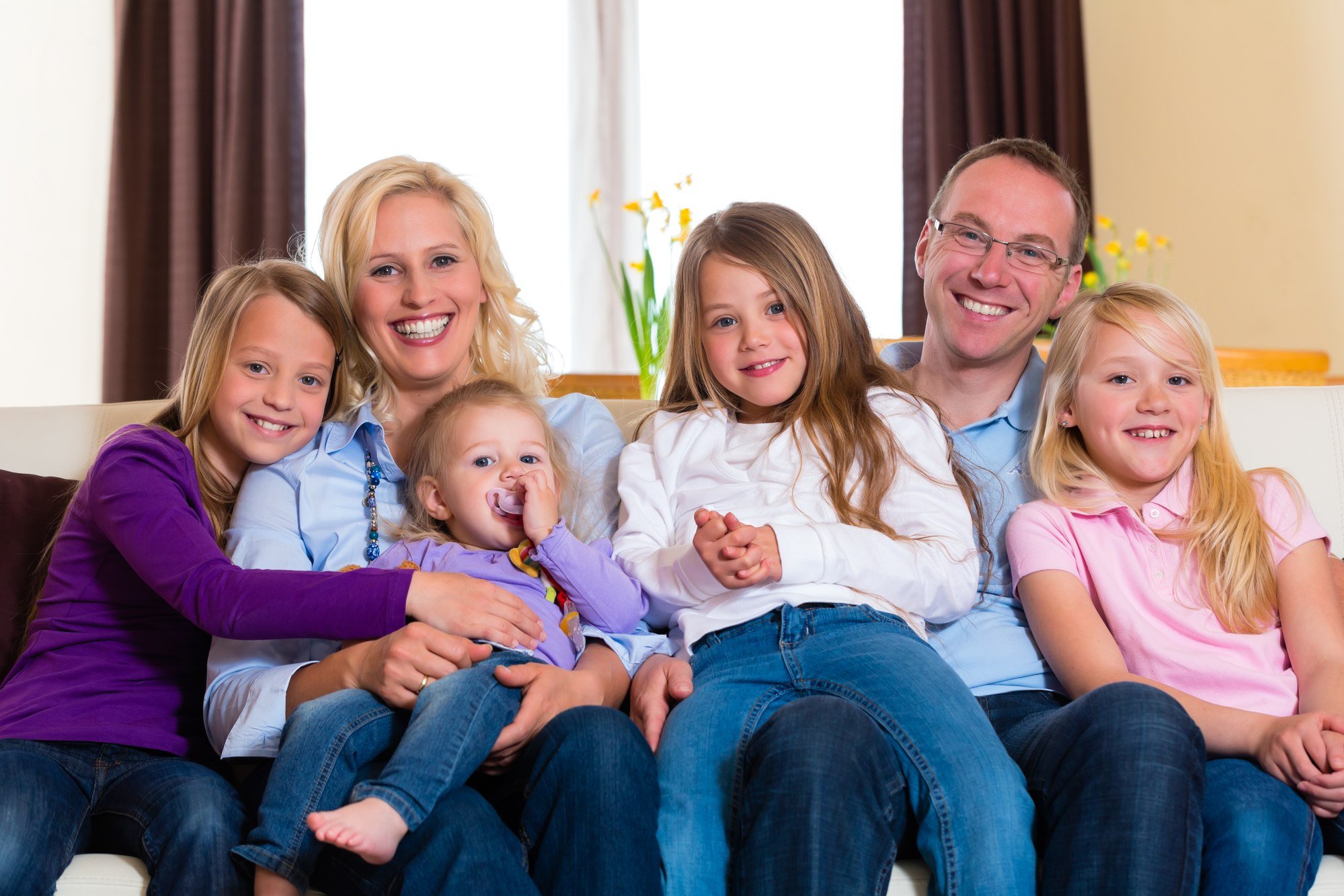
18. You sure have your hands full!
Why: This is something people usually say to a parent as they struggle to accomplish some task or calm a child in public. It’s not helpful and it sounds judgmental. Plus, when someone’s hands are full, the last thing they need is to make chitchat with some onlooker.
What to say instead: “Can I open that door for you?” Or, nothing.

19. Are your twins identical?
Why: This one is probably alright to ask of parents with children who are the same gender. But a boy and a girl cannot be genetically identical for obvious reasons.
Also, this question implies that identical siblings are superior to fraternal multiples. This is often punctuated by the noticeably disappointed response of the asker.
What to do instead: Notice whether the children are the same gender before making this faux pas (not that people need to dress their kids according to sex!). Be sure to exclaim joy at the response, either way.

20. Are your triplets natural? (Or did you conceive your multiples naturally?)
Why: This question suggests that using fertility treatments or IVF creates “unnatural” children. It’s also none of your business how anyone conceived their children.
What to say instead: “Do multiples run in your family?” Better yet, say nothing.

What Not to Say About Adoption
21. Have you ever met your real mom or dad?
Why: One of my best friends is adopted. People often refer to the parents who raised her as her “adoptive” parents and her birth parents as her “real” parents. Her mom and dad raised her. As an adult, she has developed a relationship with her birth mother and birth father. She never, ever refers to her parents as her “adoptive” family. And none of her parents is more “real” than the others.
What to say instead: “Have you ever met your birth (or biological) parents?”

22. Why did you adopt instead of having your own kids?
Why: Parents love their adopted children just as much as biological children. Saying “your own” kids feels hurtful and ignorant. And again, this digs into fertility issues that people may not be comfortable discussing.
What to say instead: “Did you always know you wanted to adopt?”
My husband and I had planned to adopt but it never panned out for us. Therefore, I am always interested to hear people’s adoption stories, if they’re willing to share.

23. Are your adopted children real siblings?
Why: This question implies that people who are not blood relatives are not truly family members. Family is based on love, not necessarily on blood relations.
What to say instead: “Your children are adorable!”

What Not to Say about Education and Careers
24. Why didn’t you go to college?
Why: There are a myriad of reasons people choose not to go to college, and none of them is your business. This question can make people feel like they’re not measuring up to your standards, and that’s not fair.
Getting a college degree is not the only way to achieve success. In fact, only one in three American adults has a bachelor’s degree.
As Matt Damon’s character said in Good Will Hunting, “You dropped a hundred and fifty grand on a f**in’ education you coulda got for a dollar fifty in late charges at the public library.”
What to say instead: “Where did you grow up?”

25. How’s your French (philosophy, history, poetry, etc.) degree working out for you?
Why: Putting other people down does nothing but cause pain, even if you’re “just joking.”
I am often asked this question when people discover I majored in French in college. It’s always said with a laugh and the intention is clear: to let me know they think my degree is stupid. And, my French degree is actually working out quite nicely for me, merci beaucoup.
As a professional writer my many years of reading, writing and speaking French has helped me to understand my own language much better. Plus, I spent a year in France during college, which set me up perfectly for my career as a travel blogger (even though there was no such line of work when I graduated)!
What to say instead: “How did you choose your major?”

26. What do (or did) you really want to do?
Why: This question is sometimes asked of people with unconventional career paths, those who have jobs that earn a lower income, or parents who put their careers on hold to raise their kids. It suggests that their career choice is the wrong one and that they should be doing something “better.” Money isn’t everything, honey.
What to say instead: Nothing.

27. What do you do for a living?
Why: This is something that is rarely asked in many other countries. Americans are obsessed with other people’s jobs. But this really is a classist question.
We’re trying to put people into a box: white collar, blue collar, educated, uneducated, rich, poor. This question places ourselves above or below that person.
What to say instead: “Have you read any good books or watched any interesting movies lately? Where’s the last place you traveled? What hobbies do you like to do in your free time?”

28. Can’t anyone do your job?
Why: When people find out I’m a travel blogger, they sometimes ask me this question. I suppose it is true. Anyone can be a blogger. But the same is true of most careers. With some hard work and talent — they just might achieve success!
People also ask me how I make money as a blogger, which I don’t mind, but I know it bothers some of my cohorts. (Answer: advertising, sponsored campaigns, book sales, and affiliate links.)
What to say instead: “How did you get into that field?”

29. When are you going to retire?
Why: Asking a person when they’re going to retire suggest three things. 1) They’re old. 2) They no longer have something valuable to offer the workforce. 3) They should have enough money to stop working.
What to say instead: “Do you have any exciting plans on the horizon?”

What Not to Say to Military Families
30. Have you ever killed someone?
Why: PTSD is real, people. Unless you are very close to someone who has served in the military, this question is beyond inappropriate.
Combat is not a video game or movie. Military service is not to be taken lightly, whether or not the service member has ever used their weapon.
What to say instead: “Thank you for your service!”
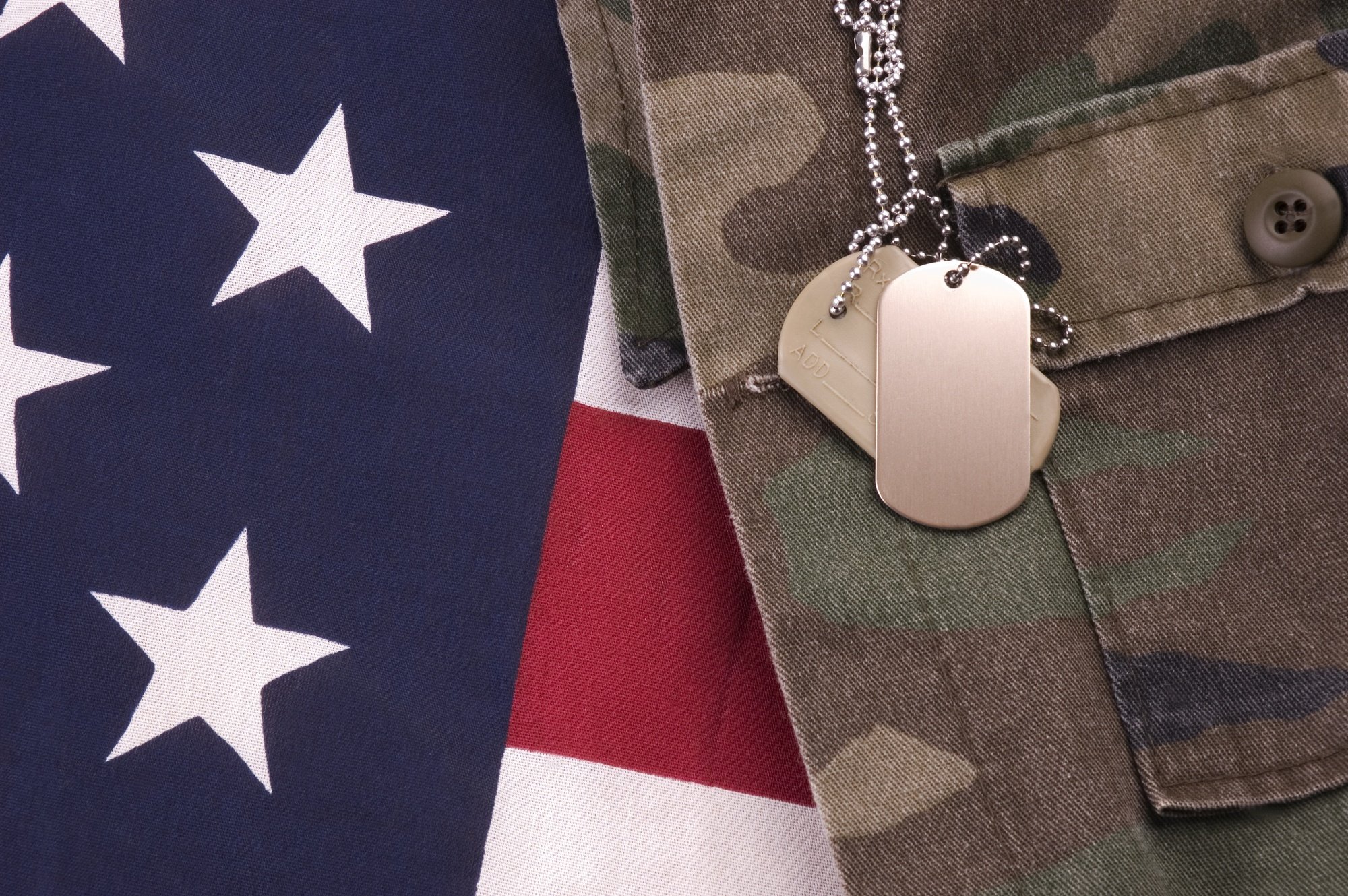
31. Aren’t you afraid your parent/spouse/child will be shot?
Why: Yes, they are.
What to say instead: “You must be so proud of your parent/spouse/child. I am so thankful to people like them, and to their family members like you!”

What Not to Say About Other Sensitive Topics
32. All lives matter.
Why: Of course, all lives matter. Duh. Black people are NOT saying their lives matter more than anyone else’s. Otherwise, the phrase would be, “Black lives matter more than yours.”
Black lives matter is a pretty unobtrusive statement, actually. As Comedian Michael Che said, “What the f*** is less than matters? Black lives exist. Can we say that? Is that controversial?”
What to say instead: “Black lives matter.”
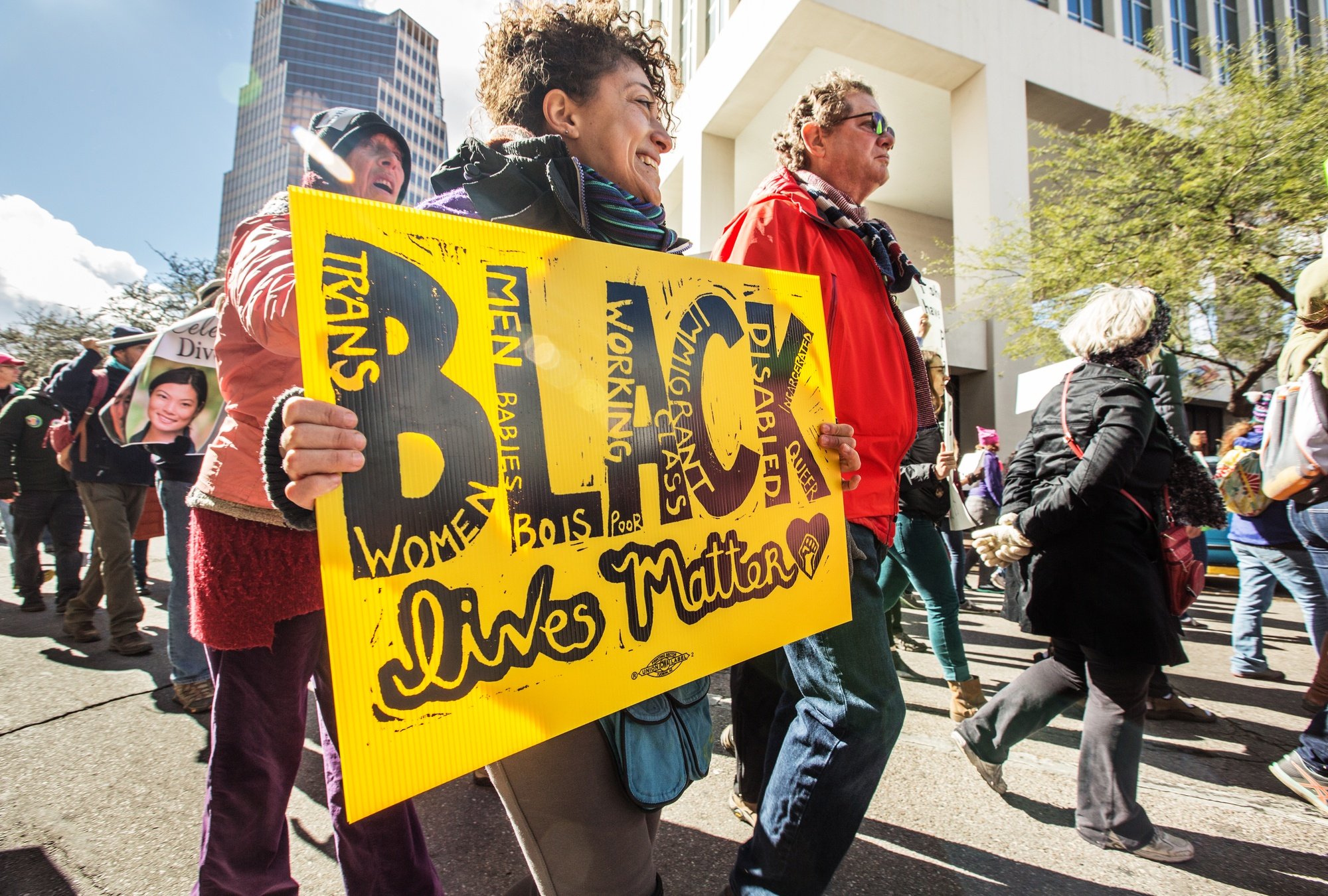
33. I know you’ll be fine.
Why: Whether they’re experiencing a financial, health or mental crisis — people need to feel supported and heard, not patronized.
You don’t have a crystal ball, either. You don’t know if everything will turn out alright. It may seem like a reassuring thing to say, but it actually can make the person feel unsupported and stupid for worrying.
When I had a cancer scare a few years ago, my well-intentioned friends and family kept telling me I’d be fine and that made me feel so alone in my worry.
What to say instead: “This is a really tough time for you. I know you’re worried. I’m here for you.”

34. It just wasn’t meant to be. You can always have another one.
Why: Well-meaning friends say these things to people who have suffered a miscarriage. Instead of helping, though, these words can downplay the deep pain of this death.
What to say instead: “I’m so sorry for your loss. I’m here for you.”

35. They’re in a better place now.
Why: The person who experienced the loss of a loved one may not share your thoughts about afterlife and could find this offensive.
Additionally, grief is a sorrow caused by missing someone. A grieving person is not necessarily worried about where that person is. If your friend got divorced, then you wouldn’t say, “But now your ex is so much happier with someone new!”
What to say instead: “I wish I had the right words to say, but just know that I care.”

Helpful Resources
As Maya Angelou said, when you know better, you do better. Now you know better!
This is by no means an all-encompassing list of all the stupid things we sometimes say to other people. For additional help on what to say and what not to say, take a look at the following resources.
Online Articles
- Respectful Ways to Talk About Adoption by HealthyChildren.org
- 4 Things People Who Didn’t Finish or Go to College Are Tired of Hearing by Skillcrush.com
- 20 Things You Should Never Say to Someone in the Military by BestLifeOnline.com
- What to Say When Your Friend Has a Miscarriage by Mother.ly
- Helping Someone Who is Grieving by HelpGuide.org
Helpful Books
- So You Want to Talk About Race by Ijeoma Oluo
- There is No Good Card for This: What To Say and Do When Life Is Scary, Awful, and Unfair to People You Love by Emily McDowell
- How to Say It: Choice Words, Phrases, Sentences, and Paragraphs for Every Situation by Rosalie Maggio
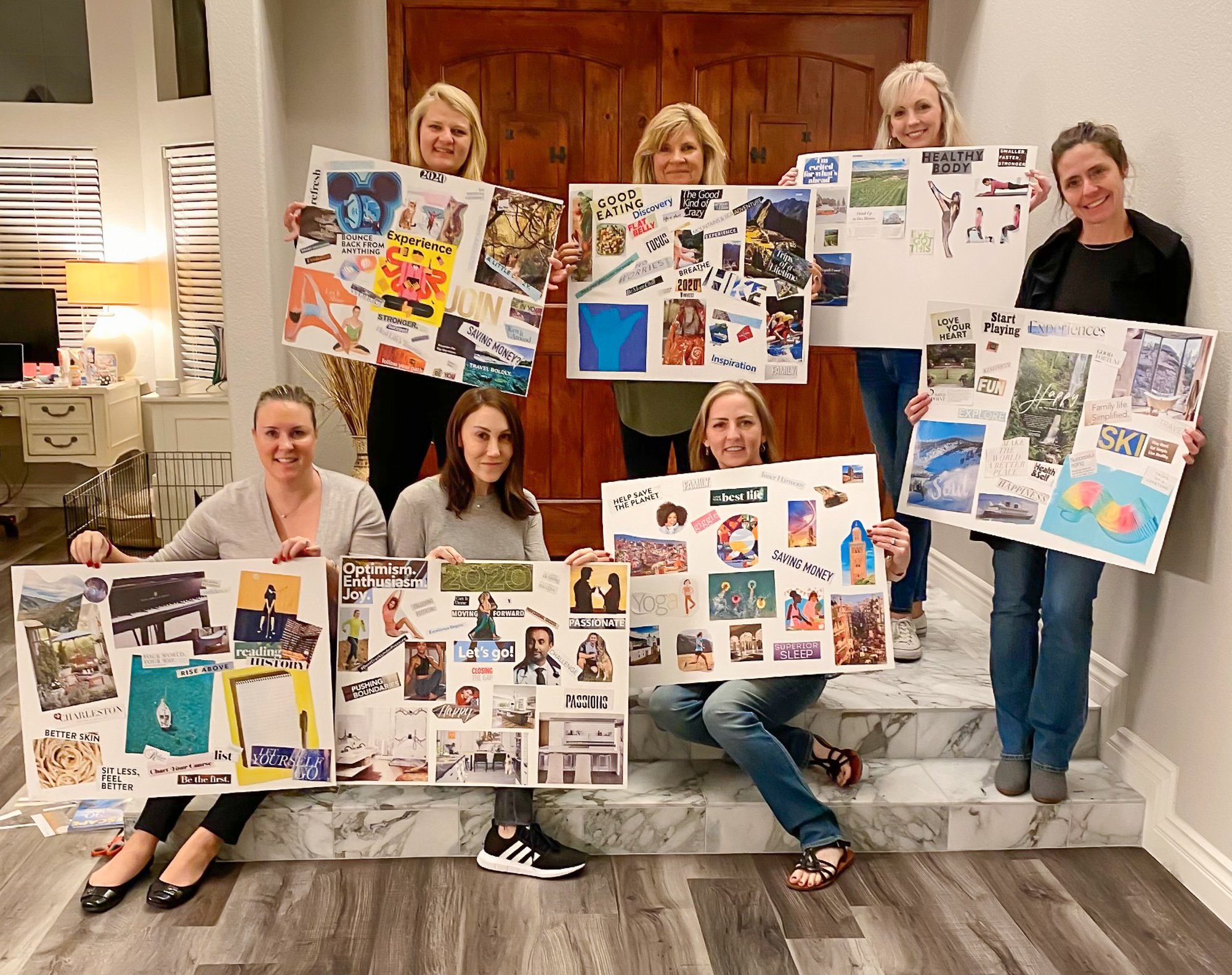
Learn More
Find out how to host a vision board party.
Listen to these inspiring songs about colors.
Get tips for connecting with your tween daughter.
Teach kids the meaning of Remembrance and Veteran’s Day.
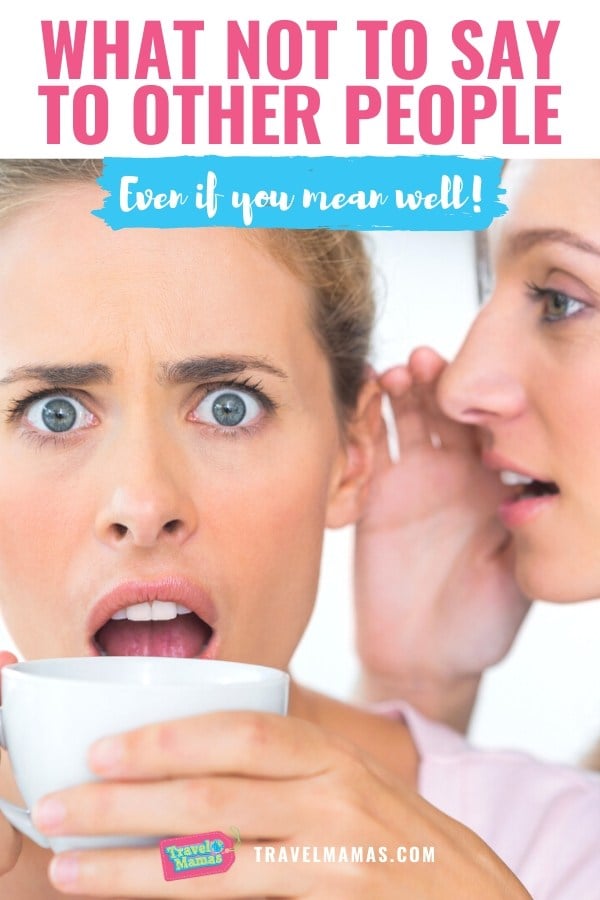
Save this List of Things Not to Say
For future reference, save this list of what not to say to other people. Simply pin the image above to Pinterest. I hope you’ll follow Travel Mamas on Pinterest while you’re at it!
What are some other things you think we should not to say to other people? Please share in the comments below!
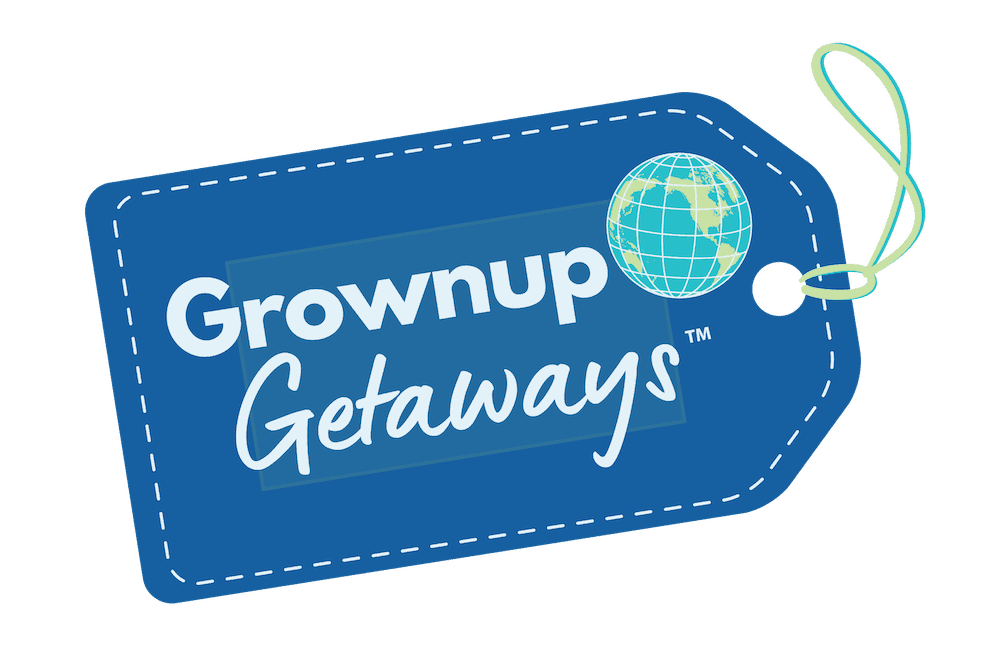
















Too many people are looking for someone and/or something that offends them…playing the victim card is a mental disorder.
I couldn’t read all of these because it was written with such a victim mindset. The one about asking people where they are reallly from made me laugh to myself because I am a non-white immigrant and never had a problem with that question or even thought that person was implying that only white people belong here. There are so many actual real things to complain about and it’s embarrassing to read articles that need to make almost everything a problem. Time to heal.
Hi We need to be better – If you grew up in this country and had zero accent but people were constantly asking where you are from, you might feel differently. Just because it doesn’t offend you, it doesn’t mean it doesn’t hurt someone else’s feelings. Next time, I hope you’ll read the whole article before expressing your opinions about it.
You allow people to guilt trip you, when you haven’t done anything wrong. This post is for people who allow the same. Many things on this list are people projecting, or it’s their trauma talking. The Black Lives matter one is ridiculous. As a black person I say “All lives matter”. Black people hate being excluded by other races, they hate when people seperate us because of skin color, and we argue that we all are the same, but advocating for all lives is a problem? Hypocrisy at it’s finest.
I hope you have a lot of children and they grow up with the same mentality.
One time on TikTok live I commented on a gay couple of two women and I asked “who’s the man and woman in the relationship”? Then they kicked me from their server and I was sooo confused but now I understand. 🤦♀️
Kris – It’s hard to learn if we are not taught! Now you know better, so you can do better. 😀
Well said. Sometimes our communication is done without awareness and I believe it’s good to try to analyze how our own words are being perceived.
Thank you, Anthony! Appreciate you sharing your thoughts!
There is one phrase someone in my family says that I personally find can be condescending and unsupportive when said at the wrong times:
“There are two sides to every story”
I was telling a family member about a friend who was cheated on and who decided to file for divorce. Quickly, this phrase was muttered and I just thought how unhelpful and invalidating it sounded to reply to the situation in that manner. Fortunately, my friend who was getting divorced didn’t hear that, however it just rubbed me the wrong way and that phrase has become cliche now to me. Once you reach a certain age it seems pretty obvious that stories have many perspectives, not just two, and sometimes it’s best for others to keep your 2 cents to yourself.
Well said, Anthony! As I get older, I become more and more aware of how my words affect others. I still make mistakes more often than I’d like, but self-awareness is so crucial. Thank you for sharing!
I wanted to comment on this post on a deeper level. The questions are commonly asked or as is “calm down”, “I’m sorry you feel that way” and they are opportunities to connect with another or perhaps they are veiled hostilities to belittle ( How’s that french degree working for you??? ). They may create conflict. They may engender a deeper exchange in their superficial awkwardness. . These are questions that when asked can come from a place of curiousity provoked by a stiumuls— rainbow hair! for instance. I champion travelmamas for writing this and I hope for putting it out there with the genuine request for feedback. I would on a deep level, beyond superficial politeness say these are questions that maybe are asked in some situtuations, that will be asked and some will be answered forthright and others will be ignored depending on the circumstance. I’d like to think we can stand each other and our ambiguities, privaices in open sight and welcome the conflicts that may arise rather than living by a set of rules supporessing our questions o( never ask these 35 questions) out of an overarching value to not make waves or potentially strike a nerve is the highest good over a clumsy curiosity or lack of grace that invites learning ( “CALM DOWN!”) and deeper connections. I’d suggest these are questions to consider with throughfullness and skillful means ,but NEVER is too restrictive and leaves the possibility that conflict can promote intamcy and growth by the wayside. I think some of these can be questions of “good trouble” in certain contexts and we ought to keep them for when that might happen.
Hi Leica – Thank you for your thoughtful response. I agree that some of these things could certainly be discussed without offense, especially with people with whom we are very close.
You are so on-point with these and I think we are all guilty of saying some of these without thinking. We’ve gotta be mindful of what we say and how we say it.
Candy Rachelle
Keeping Up With Candy
So true all around! Thanks for your comment, Candy!